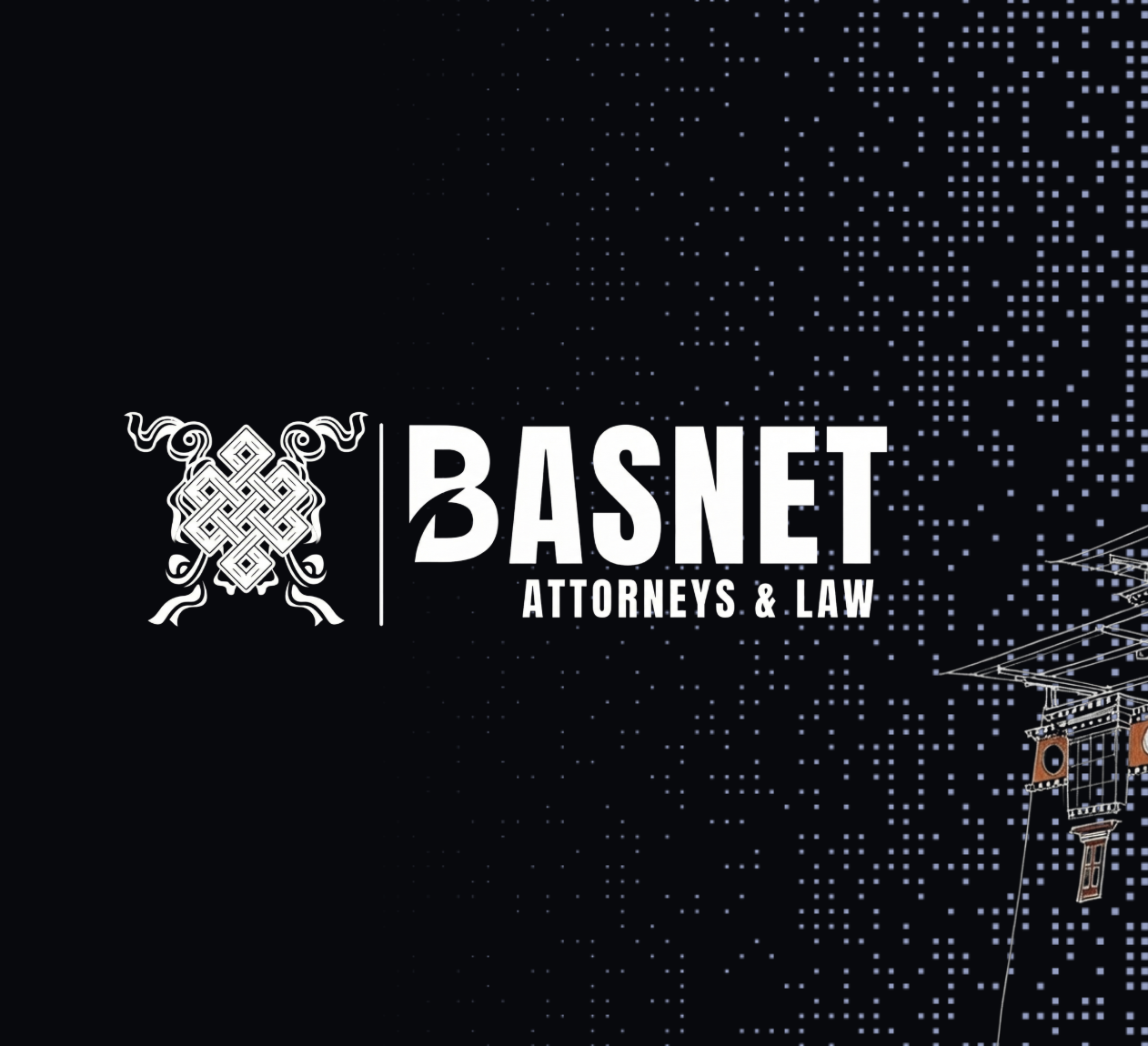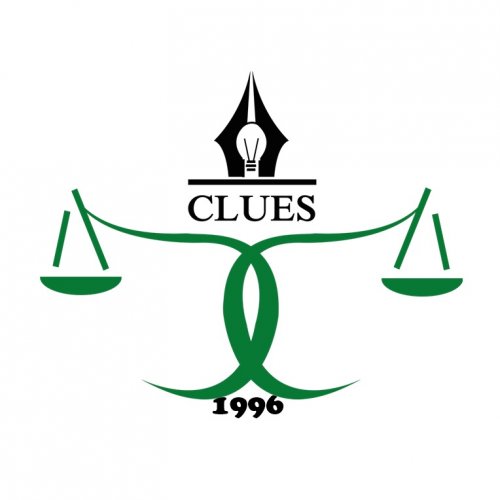Best Government Relations & Lobbying Lawyers in Thimphu
Share your needs with us, get contacted by law firms.
Free. Takes 2 min.
List of the best lawyers in Thimphu, Bhutan

Basnet Attorneys and Law - A Premier law Firm in Bhutan
15 minutes Free ConsultationAbout Government Relations & Lobbying Law in Thimphu, Bhutan
Government relations and lobbying in Thimphu, Bhutan, entail engaging with government entities and officials to influence decision-making processes. This practice is relatively nascent but growing, as Bhutan modernizes its economic and political systems while maintaining its cultural heritage. To ensure transparency and accountability, the Bhutanese government has instituted regulations governing advocacy activities, which are vital for non-governmental organizations, businesses, and other entities that seek to impact policy and legislative developments.
Why You May Need a Lawyer
There are various scenarios where seeking legal advice in government relations and lobbying may be essential in Bhutan. For instance, if you're a business aiming to advocate for policy changes, a lawyer can help navigate the legal constraints and ethical considerations involved. Also, non-profit organizations seeking to influence legislative processes and individual advocates or lobbyists who need to ensure compliance with local laws can benefit from legal counsel. Lawyers can offer guidance on the registration of lobbyists, understanding legal limits on lobbying activities, and talking through complex negotiation or mediation processes with government officials.
Local Laws Overview
The legal environment for government relations and lobbying in Thimphu, Bhutan, is characterized by several key principles. Primarily, the Bhutanese legal framework emphasizes transparency and the ethical conduct of lobbyists. All lobbying activities must be clearly communicated to the relevant government bodies, and there are strict regulations on financial transactions to prevent corruption. Moreover, the government encourages inclusivity and the respectful engagement of external stakeholders. The Anti-Corruption Commission of Bhutan plays a critical role in monitoring compliance with these regulations to maintain integrity in governance.
Frequently Asked Questions
1. What is lobbying?
Lobbying involves attempting to influence government decision-making processes, usually through interactions with officials and policymakers.
2. Is lobbying legal in Bhutan?
Yes, lobbying is legal but regulated to ensure ethical conduct and transparency when engaging with government entities.
3. Who can participate in lobbying?
Businesses, non-profit organizations, interest groups, and individuals can participate in lobbying, provided they follow local regulations.
4. Are there registration requirements for lobbyists in Bhutan?
The legal landscape is evolving, and while formal registration may not always be mandated, maintaining transparent communications and documentation is advised.
5. How can a lawyer help in government relations and lobbying?
A lawyer can ensure compliance with laws, offer strategic guidance, draft necessary documents, and advocate for their clients' interests effectively.
6. What are the penalties for non-compliance with lobbying laws?
Penalties can include fines, restrictions on lobbying activities, and reputational damage, depending on the severity of the infraction.
7. How do I find a qualified lawyer in this field?
Seek recommendations from established legal associations or conduct online research for lawyers specializing in government relations and lobbying within Thimphu.
8. Are there ethical considerations in lobbying?
Yes, ethical considerations include honesty, transparency, and respect for all stakeholders involved in the lobbying process.
9. Can foreign businesses lobby in Bhutan?
While foreign entities can engage in lobbying, they must adhere to Bhutan's specific legal requirements and cultural norms.
10. How does the government monitor lobbying activities?
The Anti-Corruption Commission and other government bodies oversee lobbying activities to ensure they align with Bhutanese laws and ethical standards.
Additional Resources
People seeking more information can consult several resources, such as the Anti-Corruption Commission of Bhutan, the Bhutan Chamber of Commerce and Industry, and various non-governmental organizations focused on governance and policy.
Next Steps
If you require legal assistance in government relations and lobbying, it is recommended to consult with a specialized attorney. Start by identifying your specific needs and researching potential legal experts in this field. Arrange consultations to discuss your case, ensuring the legal counsel you choose is well-versed with local regulations and has a good track record in related matters. Additionally, staying informed about legal and regulatory updates in Bhutan will further aid in effective government relations and lobbying endeavors.
Lawzana helps you find the best lawyers and law firms in Thimphu through a curated and pre-screened list of qualified legal professionals. Our platform offers rankings and detailed profiles of attorneys and law firms, allowing you to compare based on practice areas, including Government Relations & Lobbying, experience, and client feedback.
Each profile includes a description of the firm's areas of practice, client reviews, team members and partners, year of establishment, spoken languages, office locations, contact information, social media presence, and any published articles or resources. Most firms on our platform speak English and are experienced in both local and international legal matters.
Get a quote from top-rated law firms in Thimphu, Bhutan — quickly, securely, and without unnecessary hassle.
Disclaimer:
The information provided on this page is for general informational purposes only and does not constitute legal advice. While we strive to ensure the accuracy and relevance of the content, legal information may change over time, and interpretations of the law can vary. You should always consult with a qualified legal professional for advice specific to your situation.
We disclaim all liability for actions taken or not taken based on the content of this page. If you believe any information is incorrect or outdated, please contact us, and we will review and update it where appropriate.









